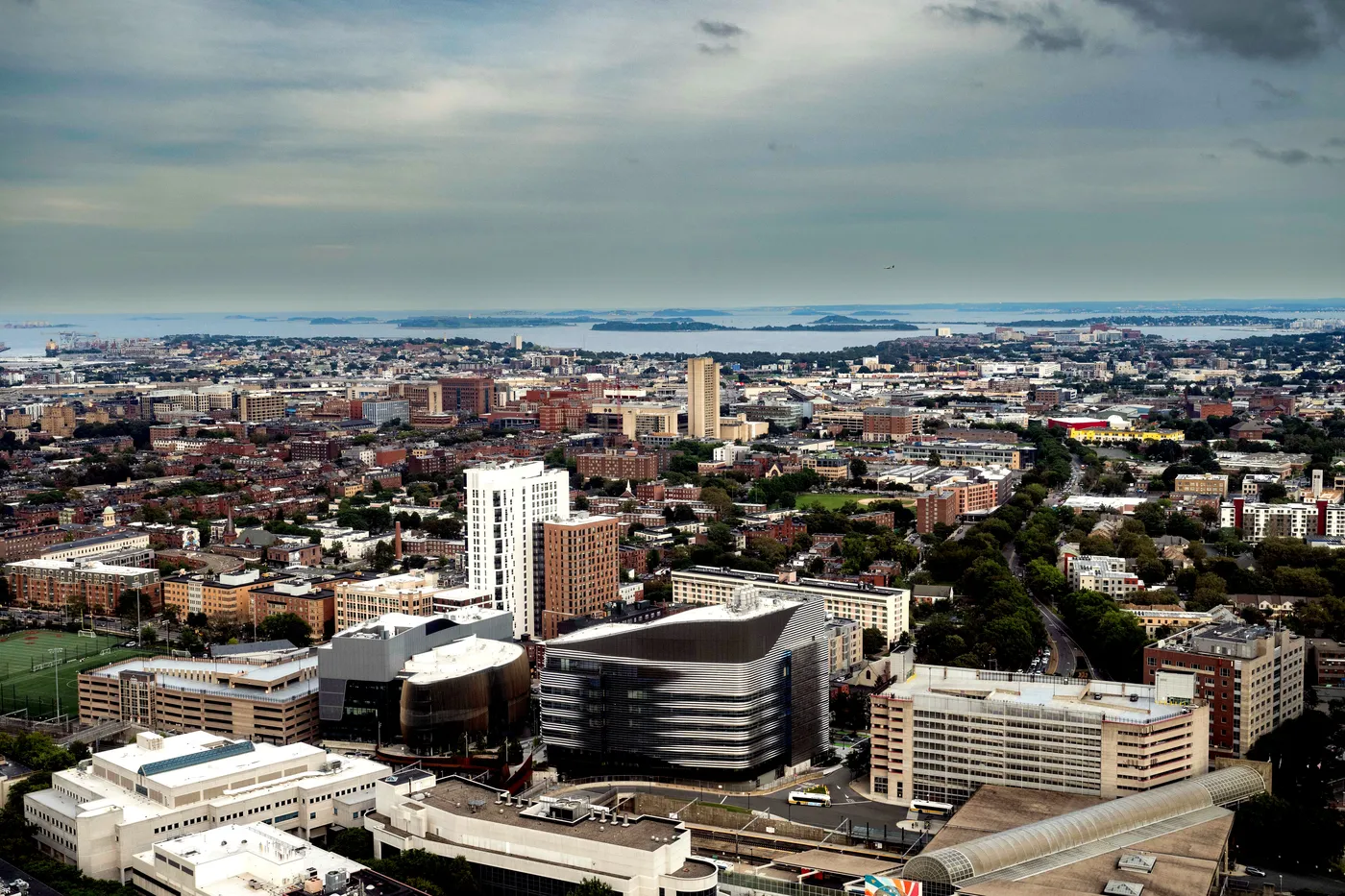Boston, MA – Northeastern University professors Dan O’Brien and Kim Lucas, both of whom teach public policy in the School of Public Policy and Urban Affairs, have received a Network Challenge Grant from the Public Interest Technology University Network. This grant aims to fund projects focused on expanding public interest technology.
O’Brien and Lucas will utilize this grant to investigate how artificial intelligence (AI) can be harnessed for the benefit of the city of Boston and its residents. The focus of their research will be to study AI’s potential applications in the city and to educate the public about its usage.
Boston Area Research Initiative (BARI), an initiative affiliated with Northeastern University, will collaborate with the city of Boston and its Department of Innovation Technology to produce a report that provides guidelines and use cases for AI deployment. This report will serve as an extension of Boston’s existing policy on AI utilization in public services.

Beyond producing a report, O’Brien and Lucas aim to educate the community about AI. Their efforts will encompass explaining what AI is, how it can be applied, and the questions that need to be asked when employing this technology in public services. To achieve this, they will partner with Tech Goes Home, a local nonprofit dedicated to digital equity, to facilitate conversations among community organizations.
As AI becomes more prevalent, its potential applications expand. For instance, predictive policing can assist in forecasting where future crimes might occur. AI can also be deployed on city websites to streamline services, such as directing a person who submits a photo of a pothole to the appropriate department responsible for repairs.
However, there is a learning curve for individuals in terms of understanding the various applications and concerns related to AI, including data privacy and machine bias.
O’Brien and Lucas aim to bridge this knowledge gap and provide Boston and its residents with the necessary insights to engage in discussions about AI usage. They intend to collaborate with high school students from select Boston Public Schools to educate them on the fundamentals of AI and equip them with the ability to translate technology for others.
The ultimate goal is to create guidelines and inspiration for AI use, co-designed by community members and youth. O’Brien envisions these outputs being valuable for other cities looking to shape their AI policies for public services.
The professors believe that increasing awareness and knowledge about AI will stimulate innovation and invigorate the use of AI in government services, benefiting not only Boston but also serving as a model for other places seeking to harness the potential of AI in a responsible and community-oriented manner.















